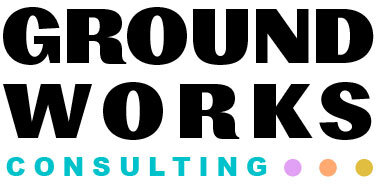Advancing Health Equity Through Community-Centered Solutions: Reflections on the HEAL Program
When NeighborWorks America invited us to help design and facilitate their Health Equity Action Lab (HEAL), we were excited to support community development organizations in deepening their approach to health equity. The program brought together nine organizations from across the country, each seeking to better understand and address health inequities in their unique local contexts.
Learning From the Ground Up
What emerged was a powerful reminder that the most impactful solutions often come from the ground up - from the communities themselves and from practitioners learning from one another's experiences. As a participant from Delaware observed, "All too often, community revitalization is something that happens to a community; our health equity work must occur with our residents."
The Power of Cohort Learning
The magic happened when organizations discovered shared challenges and opportunities across their different contexts. Whether working in urban Delaware or rural Oregon, practitioners found value and inspiration from each other’s stories and experiences. These connections sparked creative thinking about how to align services and strategies with local needs, rooted in meaningful community engagement.
Creating Space for Connection
The in-person gatherings proved invaluable for this cross-pollination of ideas. As one participant from Rhode Island noted, these sessions helped them "see how in sync we were with organizations from different communities and even different states." Site visits and peer coaching created space for authentic sharing about both successes and challenges in designing community-responsive programs.
"Working in health equity really brings us back to person-centered integrated services; helps to remind us that holistic responses serve human beings in the best way!" - HEAL program participant
While we helped create structure and space for the journey, the real value came from the relationships built and the collective recognition that effective health equity work requires deep listening and alignment with community needs. The HEAL program reminded us that sometimes the most valuable thing we can do as facilitators is create conditions for practitioners to connect, reflect, and learn from each other. The rest flows naturally from there.

